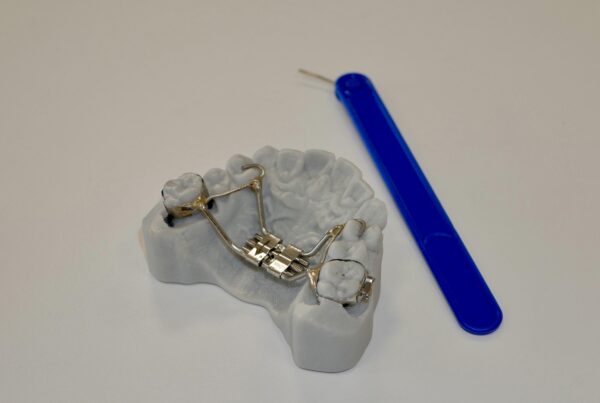Right now, the world is in a panic over COVID-19, otherwise known as Coronavirus. At this stage, nobody knows how dangerous the new virus is — that depends on how easily it spreads and the proportion of people infected that become seriously ill. In the meantime, there are steps you can take to stay safe.
What is COVID-19?
Caused by a type of Coronavirus, COVID-19 can affect your lungs and airways.
The symptoms are similar to that of a cold or flu and include:
- Shortness of breath
- A cough
- A high temperature (at least 38 °C)
Although no one is certain, the World Health Organisation suggests that it can take 2 – 10 days for an affected person’s symptoms to show.
What precautions do we take?
At Totara Orthodontists, we take hygiene and the threat of Coronavirus very seriously. Hand sanitiser is available at our front desk for all patients, and we sterilise or dispose of all equipment and instruments used to treat each patient. All staff wear scrubs, not street clothing, and Drs Donna Lim and Fiona Turner put on tunics over their clothes. We also wear eye protection and face masks, the latter we change regularly.
What can you do to stay safe?
Good hygiene is essential, so here are three practices to take on board:
Wash your hands
Make sure you wash your hands regularly with soap and water for at least 20 seconds. A useful way to make sure you spend enough time washing your hands is to sing Happy Birthday while doing so. Also, don’t forget to clean between your fingers. Washing your hands is particularly important if you’ve been out in public or have coughed, sneezed or blown your nose.
Cough into your elbow
If you need to sneeze, cover your mouth and nose with a tissue (not a handkerchief) and put it in the bin. Whatever you do, DON’T sneeze into your hands. Instead, use the inside of your elbow. Why? Well, according to experts, when you sneeze into your hands, there is a good chance that you will pass on germs to people you come into contact with or contaminate objects that you touch. The Coronavirus may survive on hard surfaces up to 48 hours and around half that time on fabrics and soft surfaces.
Avoid touching your face
On average, people touch their faces about 23 times an hour. That’s a habit we should all try to break. Why? Well, it’s easy for germs to enter your body through your eyes and mouth. So, as hard as it may be, try not to touch your face unless you have just washed your hands.
What if you have symptoms?
If you are feeling unwell and think that you might have Coronavirus, don’t panic. Call Healthline’s dedicated COVID-19 number 0200 358 5453 or get in touch with your doctor — phone ahead of your visit. Also. visit the Ministry of Health website for latest updates.
If you found this post useful, please share.


